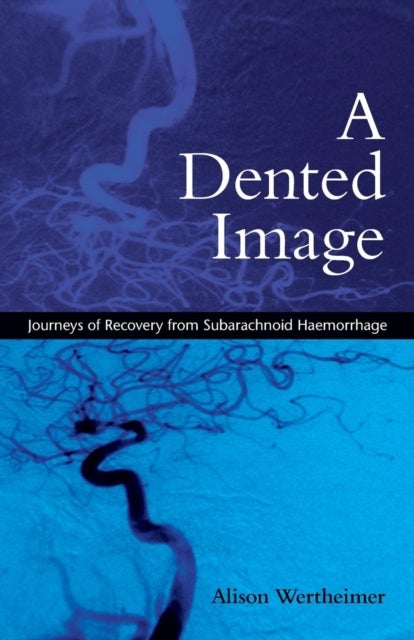
A Dented Image av Alison (freelance writer researcher and counsellor UK) Wertheimer
349,-
<P>Every year, 8,500 people in the UK will have a subarachnoid haemorrhage, of whom about 50 per cent will survive this traumatic brain injury which often occurs without warning. Survivors can make a ¿good¿ neurological recovery but the psychosocial impact can be longer lasting.</P><P>Drawing from her own experience of surviving a subarachnoid haemorrhage, together with other people''s journeys of recovery and recent research findings, Alison Wertheimer covers:</P><UL><LI>themes of recovery</LI><LI>leaving neurocare and early days of recovery</LI><LI>looking for help</LI><LI>physical, sensory and cognitive effects</LI><LI>the emotional impact of subarachnoid haemorrhage</LI><LI>the survivor¿s relationship with family and friends</LI><LI>returning to work</LI><LI>what helped the survivors with their recovery</LI><LI>subarachnoid haemorrhage as a life-changing event.</LI></UL><P><EM>A Dented Image</EM> will be of interest to a wide-ranging audience: survivors and their families and frien








